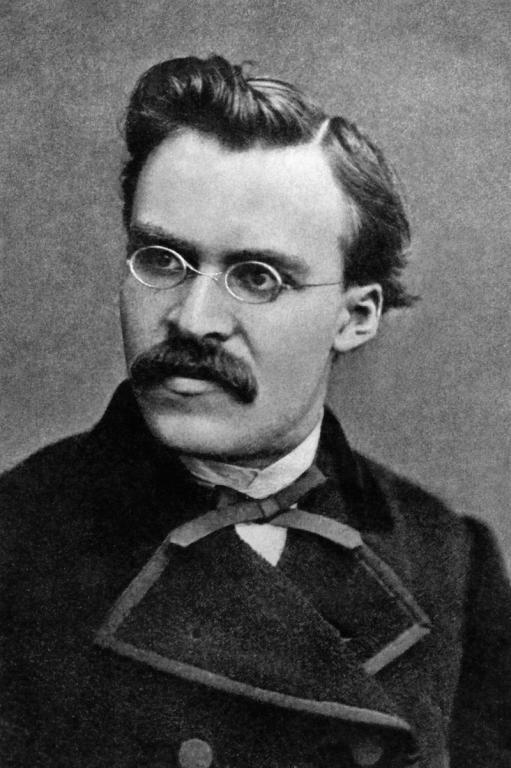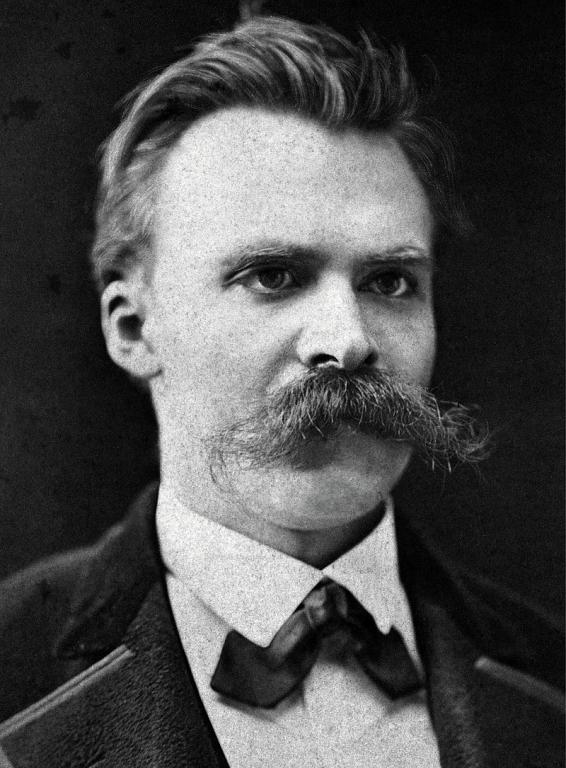When should Christians borrow from the ideas of the non-Christians in their surroundings? Sometimes doing so is a good way of supplementing the intellectual resources of the Christian tradition. For example, early on in Christian history some of the great theologians and philosophers of the faith borrowed from Greek philosophers for their descriptions of complicated concepts like the Trinity and the Incarnation.
Another famous example of this in Christianity is the acknowledgment of the importance of religious freedom by the Protestant and Catholic philosophers of the Enlightenment and post-Enlightenment eras. During the Enlightenment there arose for the first time in the West a number of thinkers who favored non-parochial terms of political cooperation. The quest for such terms was driven in particular by progressive philosophers who were seeking quasi-secular kinds of social solutions (i.e. Hume, Montesquieu, Voltaire, Diderot, Rousseau, Smith, etc.). But the emphasis of such philosophers on religious freedom did have a positive influence on the thinking of the Christians of the day. One of its main results was that Enlightenment-era Christian philosophers decided that religious freedom was compatible with their own tradition. This recognition of the ideological orthodoxy of religious freedom is a promising example of an appropriation of the thinking of others by the Christian faithful. Today the great majority of Christian philosophers would, of course, consider religious freedom to be compatible with orthodox belief.
But there have also at the same time been numerous examples in recent centuries of Christians borrowing in inappropriate ways from the thinking in their surroundings. Consider the large body of theological argumentation that arose in pre-Civil War America in an attempt to sanitize chattel slavery. Many of the theological writings of the day were efforts to justify the pro-slavery opinions of the agrarian and business classes of that era. The opinions of these classes carried the day and convinced many American theologians to validate the buying and selling of human beings. The antebellum pro-slavery argumentation is a dubious body of literature whose extensive breadth makes it one of the most unfortunate examples in American history of Christians borrowing from non-theological sources in inappropriate ways.
My hope and prayer is that Christians today will strive to borrow in appropriate ways from the intellectual resources in their surroundings, and not to borrow in ways that dilute or water-down their rich theological tradition.












